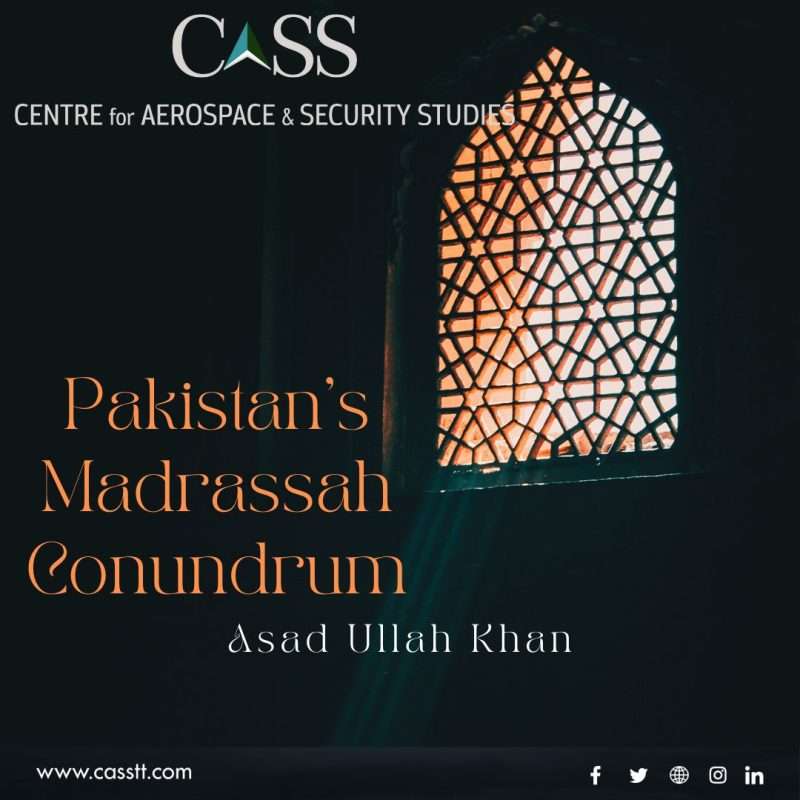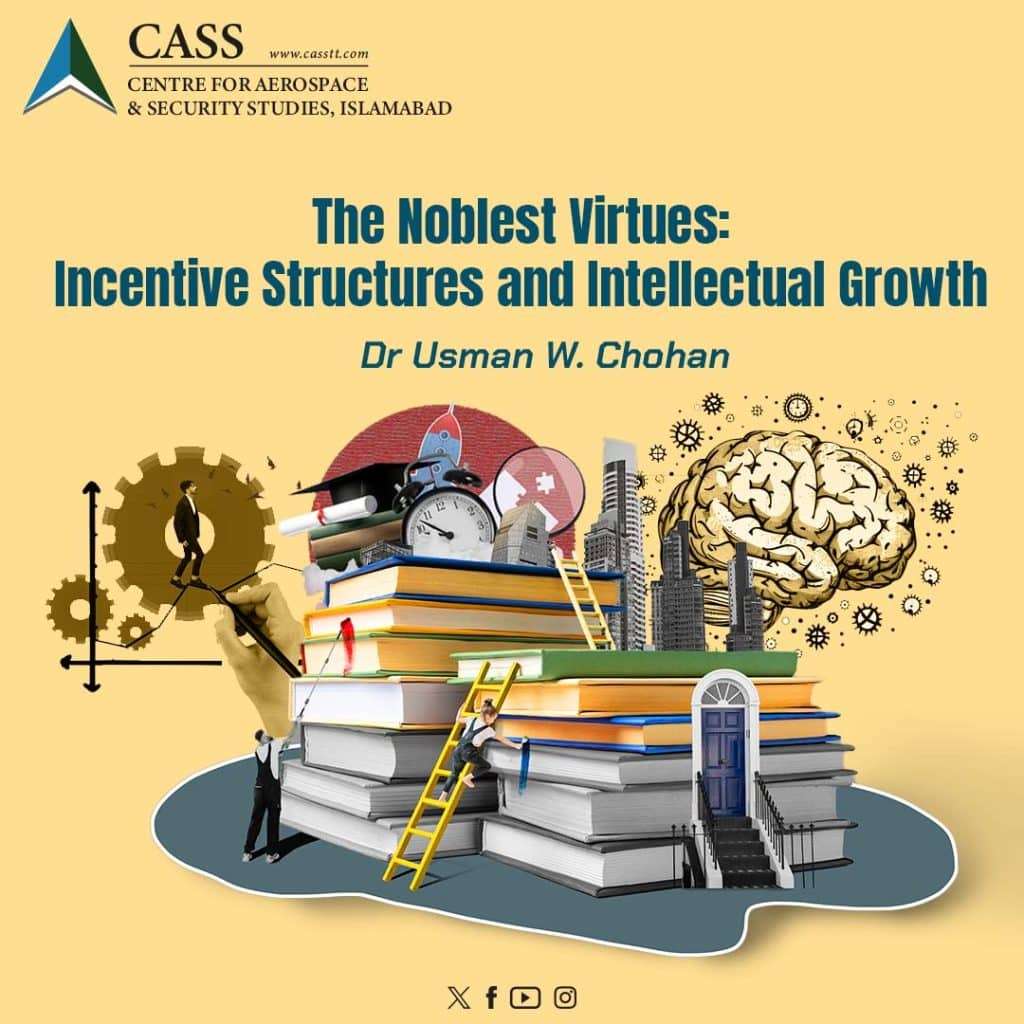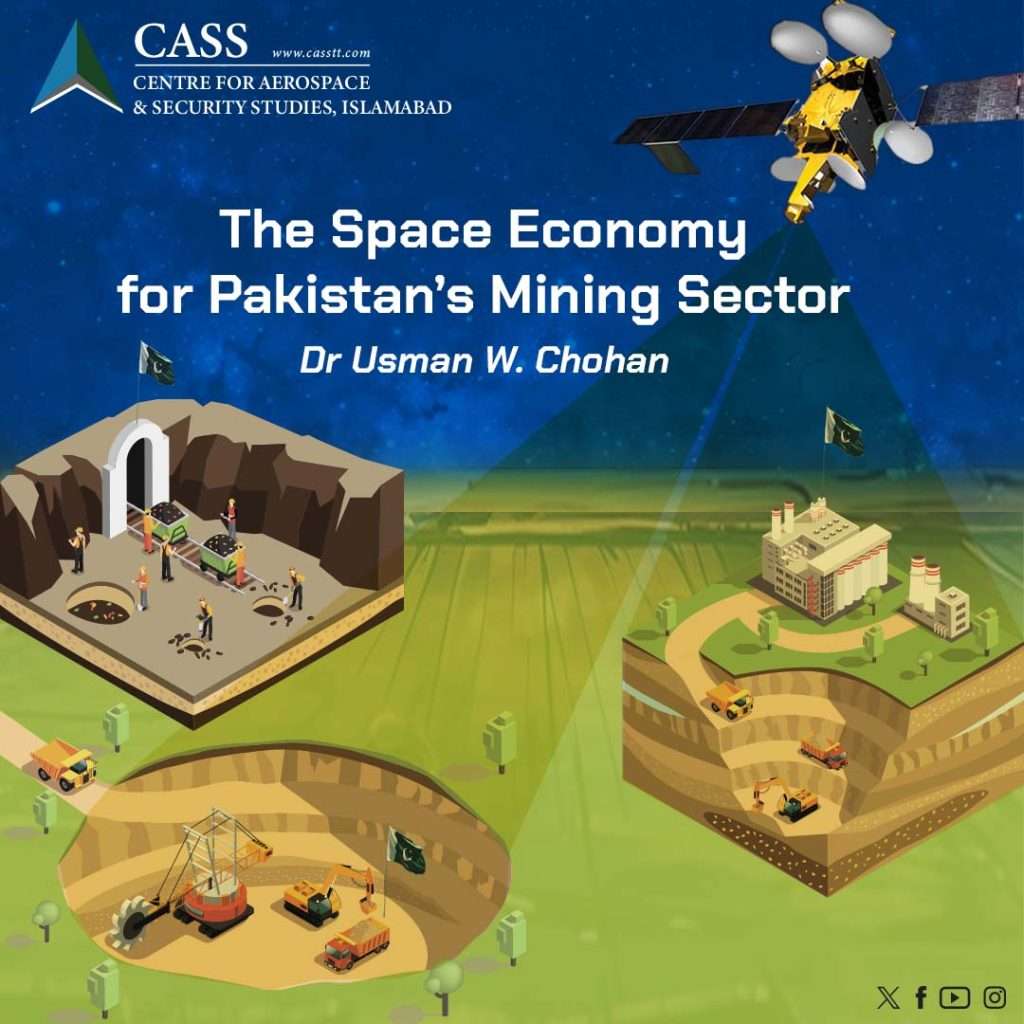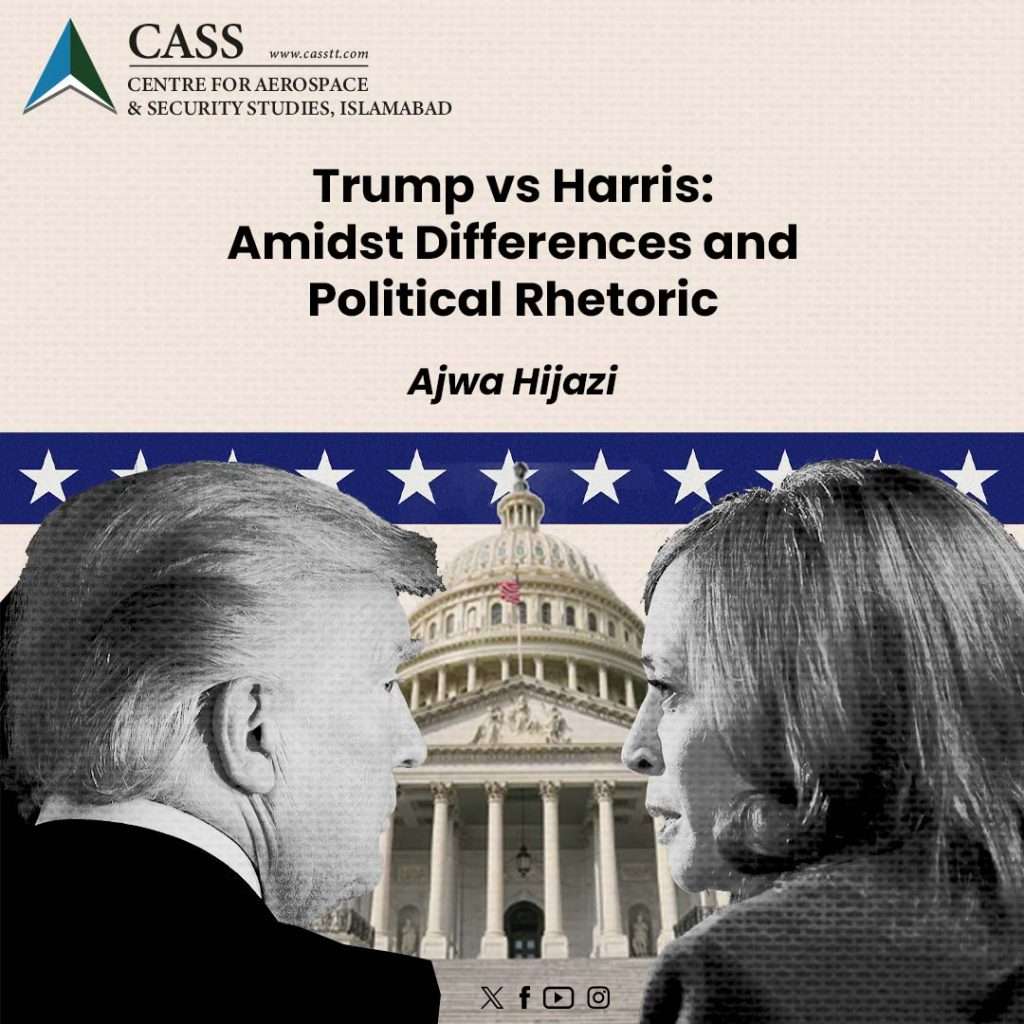The madrassah sector in Pakistan constitutes a large segment of students seeking religious education. These madrassahs are often regarded as pursuing specific political and ideological agendas. Religious seminaries, especially unregistered and unregulated, usually enroll students from low-income, rural backgrounds where parents do not have resources or intent to educate them at public or private schools and colleges. Unfortunately, while madrassahs are not the only recruitment grounds for religious militancy and sectarian violence, they have also contributed to leadership of several banned groups. Also, the latest Lal Masjid and Jamia Hafsa protest on 22nd June right in the centre of Islamabad was a stark reminder about ideologically charged curricula which is disseminated in some of these places.
Historically Muslim scholars like Maulana Abul Ala Maududi stressed that madrassahs should not only focus on religious education rather blend it with modern and technical education in order to form an inclusive society. Some of the madrassahs have adopted to such options and are in process of integrating modern education. However, the state has not fully realised the socio-religious and cultural impact that religious education institutions have on the human and security landscape of the country. The quality of education and worldview imparted to madrassah students do not fit national standards because of the absence of technical education in a majority of madrassahs (many of which are also unregulated). Moreover, students at religious seminaries experience a tremendous gap in their socioeconomic standing and employment opportunities in comparison to their counterparts at public, especially private institutions. In addition, religious seminaries pose a security problem as well. Pakistan is a country grappling with terrorism and violent extremism with militant groups and terrorist outfits determined to recruit students from seminaries who usually lack employment opportunities to improve their standard of living. Ideologically charged students, who are taught a very one-sided and narrow view of the world, remain more vulnerable to recruitment for militant and sectarian purposes.
When Muslims ruled over a significant part of the world, madrassahs played an important role as centres of learning and knowledge, so why is it that Pakistan has been unable to reap the true benefits of such institutions and they are seen as hubs of sectarian division and extremism?
The state’s unwillingness (some may call it inability) to reform this sector has many reasons and apparent discrepancies.
Reforming this sector would require state authorities to mainstream (register) all religious seminaries, establish oversight over their funding streams, and regulate their curriculum. This, however, requires strong political will and ample resources. All governments have lacked both. The catch-22 is that the state also refrains from overhauling this problem, considering that madrassahs are serving the educational and basic needs of the underprivileged and impoverished. Furthermore, governments fear backlash from religious and political parties, madrassah establishments as well as people from low-income backgrounds whose children go to these institutions for free.
Another major challenge is the ‘religious elite’. The madrassah sector caters to the needs of the religious elite who – through massive unregulated donations, a large student body and greater social legitimacy due to religious work – wield significant financial and political power. The religious elite, with its share in political and economic spheres, resists any action against madrassahs. Hence, the latter operate like private entities, with teaching and administrative staff enjoying a great amount of freedom and authority. Consequently, the state makes half-hearted efforts at reforms. Moreover, when the government considers madrassahs as centres providing education to the masses, it does not have to cut other public expenditures to fulfill its educational obligations.
No wonder then that there is no vision, policy or strategy to reform or regulate this sector. In fact, the government does not even have a complete database for religious seminaries across the country. In addition, within Pakistan’s large informal economy, donations and funding to religious schools are not traced or monitored.
Despite these challenges persisting for many decades, it has become imperative that someone takes the initiative to bell this cat because the nation can no longer afford to remain at the mercy of religious intolerance and extremism. Even small incremental steps towards change can have a profound and lasting impact.
The first step should be the maintenance of a comprehensive database to take into account the level of enrolment, curriculum-making process and organisational functions of religious schools. The Ministry of Federal Education & Professional Training and Ministry of Interior should manage the registration process. The burden of regulation should not be placed on one institution nor at one administrative level (federal or provincial). Secondly, mainstreaming madrassahs also requires firm curriculum reforms, along with consistent oversight on teaching mechanisms and academic activities. Education is now a provincial matter after the 18th Amendment; therefore, provincial legislative bodies should come up with relevant legislation to regulate and reform the madrassah sector. Lastly, though the Societies Registration Act of 1860 includes a section on the registration and regulation of madrassahs, unfortunately, its implementation is not carried out in the true spirit. Therefore, the laws currently applicable to Non-Governmental Organisations (NGOs) if implemented on madrassahs may help deal with this conundrum on an emergency basis. Regardless of which law is used, more than anything, strong and consistent political will is needed to mainstream madrassahs to eradicate divisions and foster a culture of tolerance in society.
Asad Ullah Khan is a Senior Research Associate at the Centre for Aerospace & Security Studies (CASS), Islamabad, Pakistan. The article was first published in Pakistan Observer. He can be reached at cass.thinkers@casstt.com
Design Credit: Mysha Dua Salman





